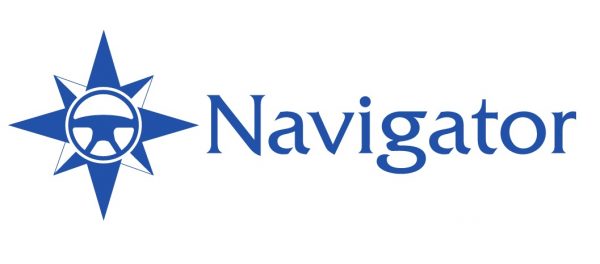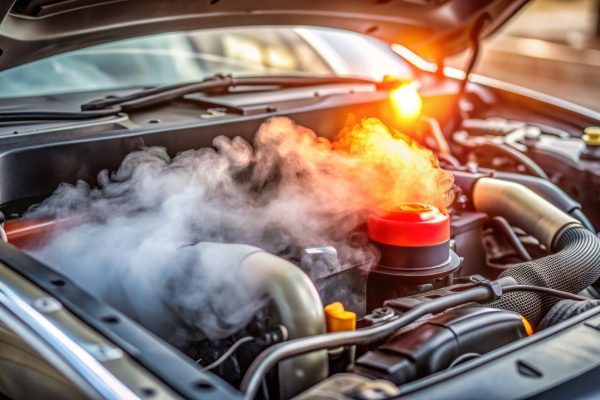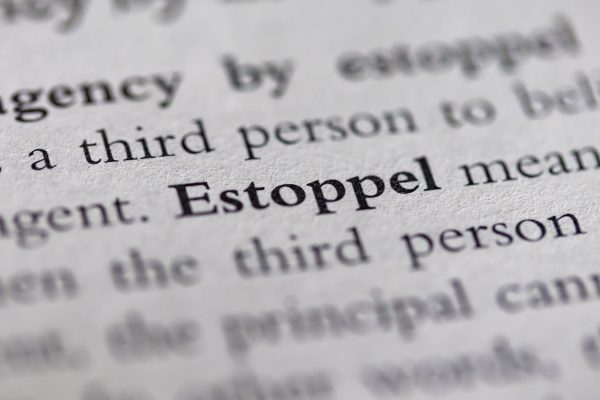If a bailor (e.g. owner or registered keeper) fails to collect their vehicle, what steps can the bailee (e.g. repair garage) take to get rid of the vehicle?
Section 12(2) and Schedule 1 Part 1 of the Torts (Interference with Goods) Act 1977 (“TIGA 1977”) allows the bailee (e.g. repair garage) under certain types of bailment to impose an obligation on the bailor (e.g. owner or registered keeper) to collect the vehicle by giving notice. This power specifically relates to situations where the goods in question were originally accepted by the bailee for:
- repair or other treatment
- valuation or appraisal
- storage, warehousing, etc.
By Schedule 1 para 1(2) of the TIGA 1977, the notice must be in writing and may be given in any of the following ways:
- by post
- by delivering it to the bailor
- by leaving it at the bailor’s proper address, which is defined as:
- a registered or principal office in the case of a body corporate
- in any other case, the last known address
By Schedule 1 para 1(3) of the TIGA 1977, the notice must:
- specify the bailee’s name and address
- give particulars of the goods and the address at which they are held
- state that the goods are ready or will be ready at the termination of the contract
- specify the amount, if any, due to the bailee in respect of the goods before the giving of the notice
The notice must be issued after the repair, valuation, or appraisal has been carried out.
Can you sell the uncollected vehicle?
Under section 12 of the TIGA 1977, a bailee may sell goods bailed after the commencement of the TIGA 1977 (that is, after 1 January 1978). The statutory power of sale applies in each of the following circumstances:
- where the bailor is in breach of an obligation to take delivery of the goods or if the terms of the bailment so provide to give directions as to their delivery
- where the bailee could impose such an obligation by giving statutory notice to the bailor, but is unable to trace or communicate with the bailor
- where the bailee can reasonably expect to be relieved of any duty to safeguard the goods on giving notice to the bailor, but is unable to trace or communicate with the bailor
The wording of the TIGA 1977 appears to include all types of bailment. However, the concept of bailment is not defined anywhere in the TIGA 1977, and it is therefore unclear whether cases of involuntary bailment, sub-bailment, and bailment without the consent of the owner qualify for these purposes.
The bailee’s right to sell is triggered by notice. Unlike a notice to collect goods, a notice of intention to sell uncollected goods can be used for all types of conventional bailment, and not just where the goods were left for repair, valuation, or storage.
The bailee is entitled, as against the bailor, to sell the goods, if both the following conditions are met:

Our dealers use us to help them be more Efficient and Profitable!
You can use our Dealer and Lead Management software to integrate all dealership departments, both online and physical ; providing all in-house functions; Invoicing, Stock Management, Accounting and Marketing as well as interfacing for advertising, ecommerce and more.
- The bailee has either:
- given notice to the bailor of intention to sell the goods under section 12(3) of the TIGA 1977; or
- failed to trace or communicate with the bailor to give that notice, after having taken reasonable steps for the purpose.
- The bailee is reasonably satisfied that the bailor owns the goods.
However, where the goods are particularly valuable (e.g. an expensive vehicle), it is advisable to seek a court order before selling the vehicle.
Under section 13 of the TIGA 1977, the court may authorise the bailee to sell the goods. If the provisions of section 12 of the TIGA 1977 have been satisfied, the court may order one or more of the following:
- authorise the sale subject to any conditions
- authorise the bailee to deduct from the proceeds any costs of sale and any amount due from the bailor
- direct the payment of the net proceeds into court to be held for the bailor
Irrespective of the vehicle’s value, it is recommended that you seek advice from Lawgistics before taking any steps to sell a customer’s vehicle without their consent. Lawgistics will ensure that the correct legal steps are taken to protect you against any future claims brought by an interested party.







